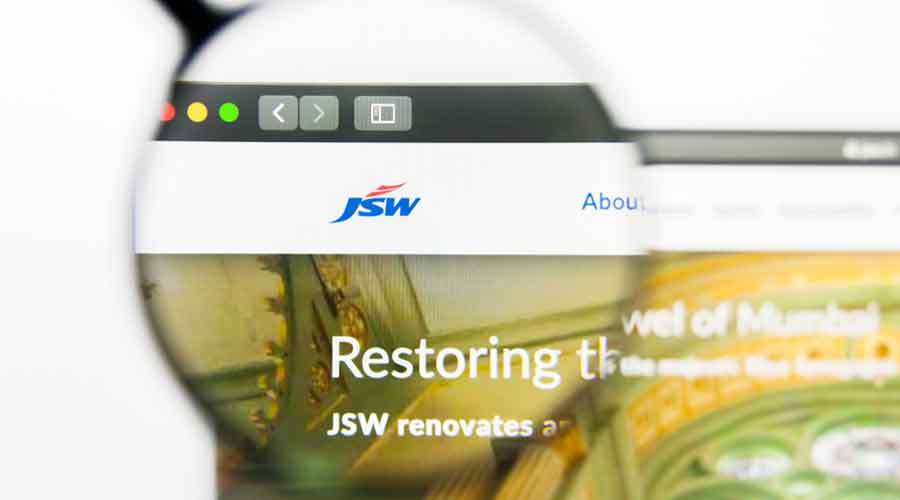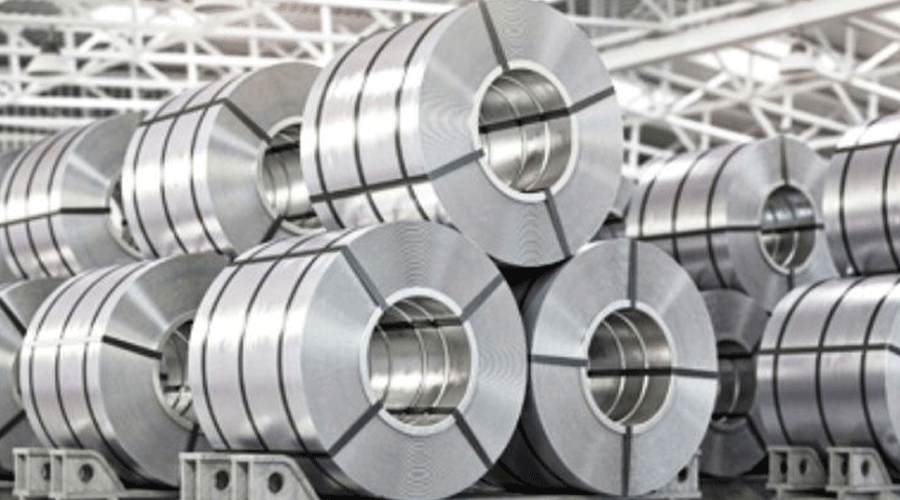The JSW Group has initiated the process to give up a significant portion of its 4,700 acres of land in Salboni after the Bengal government indicated readiness to take it back.
The land was originally earmarked for a 10-milliontonne integrated steel plant but the Jindals have since drastically scaled back their plans.
A survey of the area is currently under way and is expected to be completed within a fortnight.
The survey will determine how the land should be carved up between the state and JSW, which owns and operates a cement plant there.
The cement-grinding unit of 3.8MT capacity, along with a captive power plant, railway siding, colony for employees and a helipad, are located over 400-500 acres.
The $22-billion JSW Group, whose portfolio of business includes steel, cement, power, infrastructure and paint among others, may keep at least half the Salboni land for future expansion.
“We have initiated the process to give a part of the Salboni land back. This is the wish of Sajjan Jindal and his son Parth Jindal, who heads the cement business. Instead of holding on to the land and not utilising it, they want to give it back to the state which can use it for other development purposes,” Biswadip Gupta, president, corporate affairs at JSW Steel, told The Telegraph on Saturday evening.
Even though Jindal had publicly stated his desire in the past to give up a part of the land after the plan to set up an integrated steel plant ran aground over a failure to secure raw materials — iron ore and coal — the process has gained momentum only recently. Earlier this month, the Bengal government communicated that it is ready to resume the land back.
Sources in the state government suggested the land might be earmarked for an industrial park. The development comes at a time the state has adopted a policy of converting leasehold property to freehold land. Besides, the state is auctioning off land parcels to raise money.
Earlier this month, the WBIDC put out a public advertisement offering to sell 132.59 acres of land in Durgapur to set up industries. The area has been carved up into five plots and the base price is Rs 1.65 crore an acre. The land parcel, previously leased out to Durgapur Power Ltd, was lying unutilised.
The land was handed over to the industry department so that it could be farmed out to new industry players. “This is an example of how the government is unlocking unused land transparently to get new industry and create employment,” a government source said, adding that the final decision on Salboni would be taken at the highest level.
Three types of land make up the Salboni plot of JSW. The bulk of the area, about 3,800 acres, had been given out on a 99-year lease to JSW Bengal Steel Ltd, a subsidiary of JSW Steel Ltd. The plot includes about 179 acres of patta land. A portion of the land was directly purchased by the company from the landowners.
The JSW Group had invested close to Rs 800 crore to level the land and erect a 34km boundary wall around it. “The land is industry-ready and well protected, free from all encumbrance,” said a source. However, a new road may have to be built to allow access to the returned plot.
Chequered past
The acquisition of land for the Salboni steel plant had met with little local resistance compared with the violent protests witnessed in Singur and Nandigram against land acquisition for industry by the then Buddhadeb Bhattacharjee-led Left Front government. One reason for this was that the bulk of the area was with the state administration.
The JSW Group also played its part by engaging with the local community. The direct purchase went off peacefully as the people who gave up their land were offered a job per family apart from the value of the land. In addition, the sellers were offered shares of JSW Bengal Steel equal to the value of the land.
However, a powerful blast by the Maoists that injured six policemen and damaged a security vehicle of then steel minister Ram Vilas Paswan on the day of the groundbreaking for the steel plant in November 2008 dealt a blow to the project.
Subsequently, the company failed to secure iron ore from neighbouring Odisha and Jharkhand, which declined to give the raw material for a Bengal steel plant. Later, the allocations of two coal mines by the state government for JSW’s steel and power plants were cancelled by the Supreme Court in 2014.
Even though JSW Cement set up a unit at the plot later, the project remained a pale shadow of the original plan.












